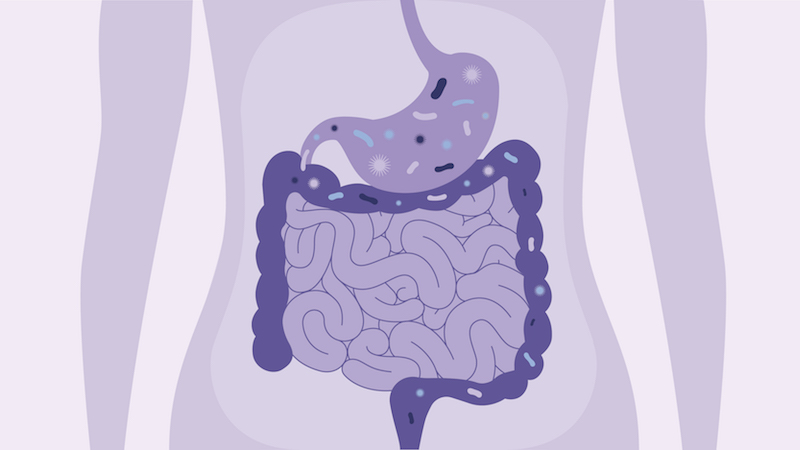Overview
What Is Gastroesophageal Reflux Disease (GERD)?
Gastroesophageal reflux disease (GERD) is a more serious and persistent form of the more common gastroesophageal reflux or acid reflux.
Reflux occurs when the lower esophageal sphincter (a muscular valve that connects your esophagus to your stomach) either opens spontaneously or does not close properly. This allows your stomach contents to rise up into your esophagus.
The digestive juices of the stomach contain powerful acid that can, over time, damage the lining of your esophagus. Reflux is a common condition that occurs infrequently. However, GERD is a more serious condition that occurs more than twice a week.
Complications of GERD
If GERD is not treated promptly, it can cause serious health problems, including:
- Esophagitis: Inflammation of the esophagus caused by continued exposure to acid reflux. This can become a chronic problem if it is not treated.
- Swallowing disorders: Scar and tissue damage can cause a stricture, a narrowing of your esophagus that makes swallowing difficult.
- Barrett's esophagus: In some cases, chronic GERD may cause Barrett's esophagus. This is a condition in which abnormal cells develop in your esophageal lining, increasing the risk of esophageal cancer.




